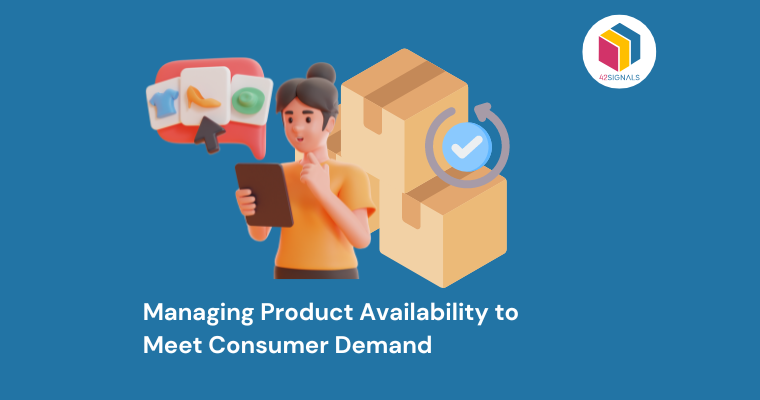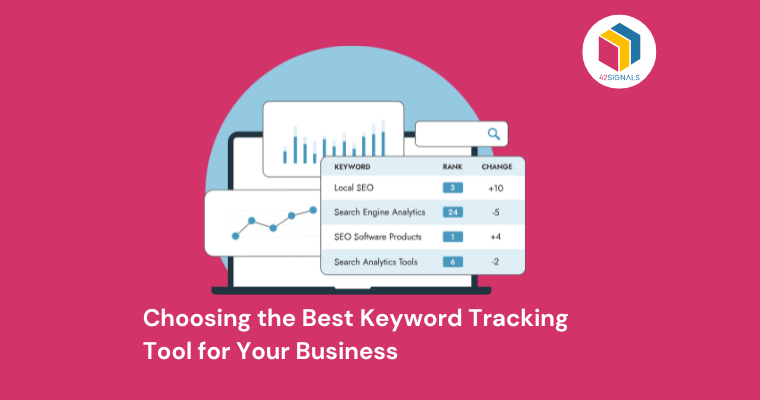We live in a digital age where, at the click of a button, we can have the world delivered to our doorstep. But as our shopping carts fill up, many of us are pausing and wondering: Where did this come from? Who made it? What impact did my purchase have on the planet?
E-commerce, which once merely promised convenience, is now being scrutinized through the lens of ethics and sustainability. This shift has led businesses to emphasize the significance of e-commerce analytics, insights, and market intelligence in tapping into this rising wave of conscious consumerism.
Image Source: TechBullion
Understanding Conscious Consumerism
Conscious consumerism is not a passing trend; it’s an evolving ethos. Today’s consumers are increasingly concerned about the environmental, social, and economic impacts of their purchases. From fair-trade certifications to carbon-neutral shipping options, consumers are demanding transparency, sustainability, and ethical practices from businesses.
Ecommerce Analytics: Beyond Numbers
Historically, e-commerce analytics focused on transactional data: sales, click-through rates, and bounce rates. However, in the face of rising ethical awareness, analytics must delve deeper. Modern e-commerce analytics tools need to capture insights related to sustainable sourcing, product lifecycle, and the socio-economic implications of each sale. This is where advanced e-commerce insights come into play.
E-commerce insights allow businesses to understand consumer sentiments and behaviors beyond traditional metrics. For example, insights can reveal how often consumers search for eco-friendly products, or how likely they are to switch brands due to unethical practices. Such insights empower businesses to align their practices with customer values.
E-commerce Market Intelligence: A Broader Perspective
To thrive in the ethical e-commerce ecosystem, businesses must not only introspect but also look outwards. E-commerce market intelligence provides a broader perspective on industry trends, competitor practices, and emerging consumer demands.
By leveraging e-commerce market intelligence, businesses can identify opportunities for ethical differentiation. Are competitors focusing on recyclable packaging? Is there a gap in the market for cruelty-free products? Market intelligence equips businesses with the knowledge to stay ahead of ethical trends and cater to evolving consumer preferences.
Building Ethical E-commerce Platforms
Given the rise of conscious consumerism, e-commerce platforms have a responsibility to facilitate ethical choices. Features like eco-friendly product filters, sustainability ratings, or badges for ethically produced goods can guide consumers towards making conscientious decisions.
Buyers now must also beware of greenwashing – a term used when false claims are made pertaining to business practices conducted ethically, or when claims lack the supporting evidence.
By incorporating fact-checking, e-commerce platforms can selectively onboard brands whose claims are backed by verifiable documentation and proof. This approach builds consumer trust by ensuring the authenticity of a brand’s sustainability claims and demonstrating thorough due diligence.
Image Source: Akepa
Moreover, e-commerce platforms can use analytics and insights to recommend products that align with individual consumer’s ethical preferences, creating a tailored shopping experience rooted in conscious consumerism.
Challenges and Opportunities
While the shift towards ethical e-commerce is promising, it comes with challenges. For one, verifying the authenticity of ethical claims can be daunting. There’s a risk of “greenwashing”, where businesses make deceptive claims about the sustainability or ethical nature of their products.
E-commerce analytics and insights can play a role in mitigating such challenges. By integrating third-party verification systems and providing transparent data about sourcing and production, e-commerce platforms can build trust with their user base.
On the flip side, ethical e-commerce presents a plethora of opportunities. Brands that genuinely embrace sustainability and ethical practices can foster deep loyalty among conscious consumers. Furthermore, by actively promoting ethical choices, businesses can inspire a ripple effect, encouraging more consumers to adopt conscious consumerism.
Conclusion
The digital marketplace is evolving, mirroring our collective consciousness and changing values. While technology has given us unprecedented convenience, it’s our shared humanity that prompts us to seek meaning and ethics in our online purchases.
E-commerce analytics and insights aren’t just technical jargon or business tools anymore. They’re the compass guiding businesses towards a future where profits coexist with principles. In embracing this ethos, businesses don’t just appeal to the wallets of their customers but to their hearts and minds, creating a lasting bond in a transient digital world.





